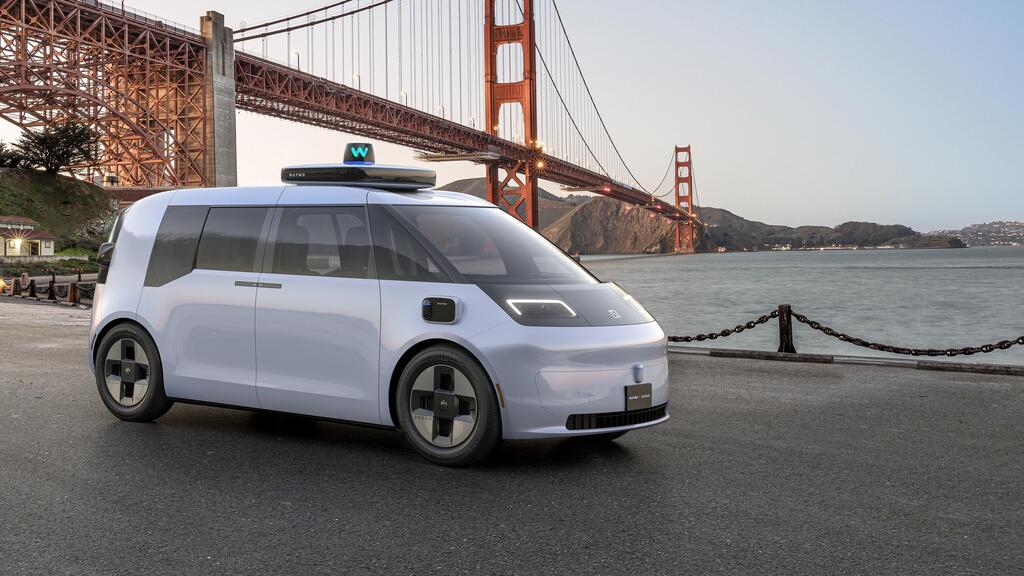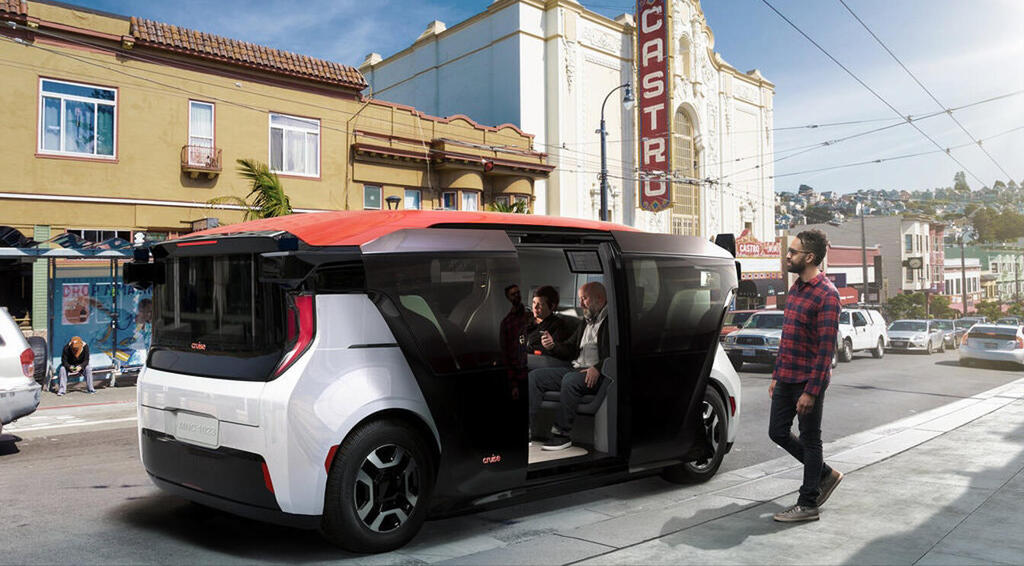Getting your Trinity Audio player ready...
The U.S. Commerce Department is expected to soon ban Chinese software in vehicles with Level 3 or higher autonomous systems, according to a Reuters report. These systems allow driving under certain conditions without the driver actively monitoring the road.
U.S. officials have expressed concerns that connected vehicles might monitor activities, record passenger conversations, or even take control of the vehicle. The proposed regulations would require automakers and tech companies to ensure their vehicle software systems are inaccessible to "foreign entities."
A Commerce Department spokesperson confirmed the report, saying, "The U.S. is concerned about the security risks associated with technologies in connected vehicles."
International concerns
Last week, the State Department and the White House hosted a conference to address "national security risks" associated with connected vehicles, with representatives from the U.S., Australia, Canada, the European Union, Germany, India, Japan, South Korea, Spain and the United Kingdom. The focus was on cybersecurity risks related to advanced vehicles.
Last year, U.S. lawmakers voiced concerns about Chinese tech companies collecting sensitive security data during autonomous vehicle testing, naming companies like Baidu, Nio, XPeng and WeRide. Reports indicate that in 2022 alone, Chinese tech firms gathered over 700,000 kilometers of testing data, with more likely accumulated since.
The Chinese Embassy in Washington responded by emphasizing the global nature of the automotive industry, saying that "division of labor and cooperation can bring mutual benefits, and only fair competition can drive technological advancement." They urged the U.S. to adhere to market principles and international trade rules, providing equal opportunities for companies worldwide.
Our perspective
Vehicles have evolved beyond mere transportation tools into sophisticated technological devices, offering opportunities for advancement but also introducing significant risks. Modern vehicles are equipped with extensive sensors, cameras, and communication systems and electric cars rely on charging stations that interact with vehicle systems. Cyberattacks on vehicle systems pose real concerns, necessitating security measures to keep pace with technological developments.
However, there is a perception that U.S. apprehension is partly driven by competition with the Chinese automotive industry. Notably, the U.S. government has not banned Chinese software from laptops, smartphones or other connected devices, suggesting this move may be part of a broader trade war between the superpowers.
The automotive industry has long traded consumer data, particularly location data, raising concerns that while security issues are valid, there may also be efforts to marginalize Chinese manufacturers or significantly hinder their operations.



